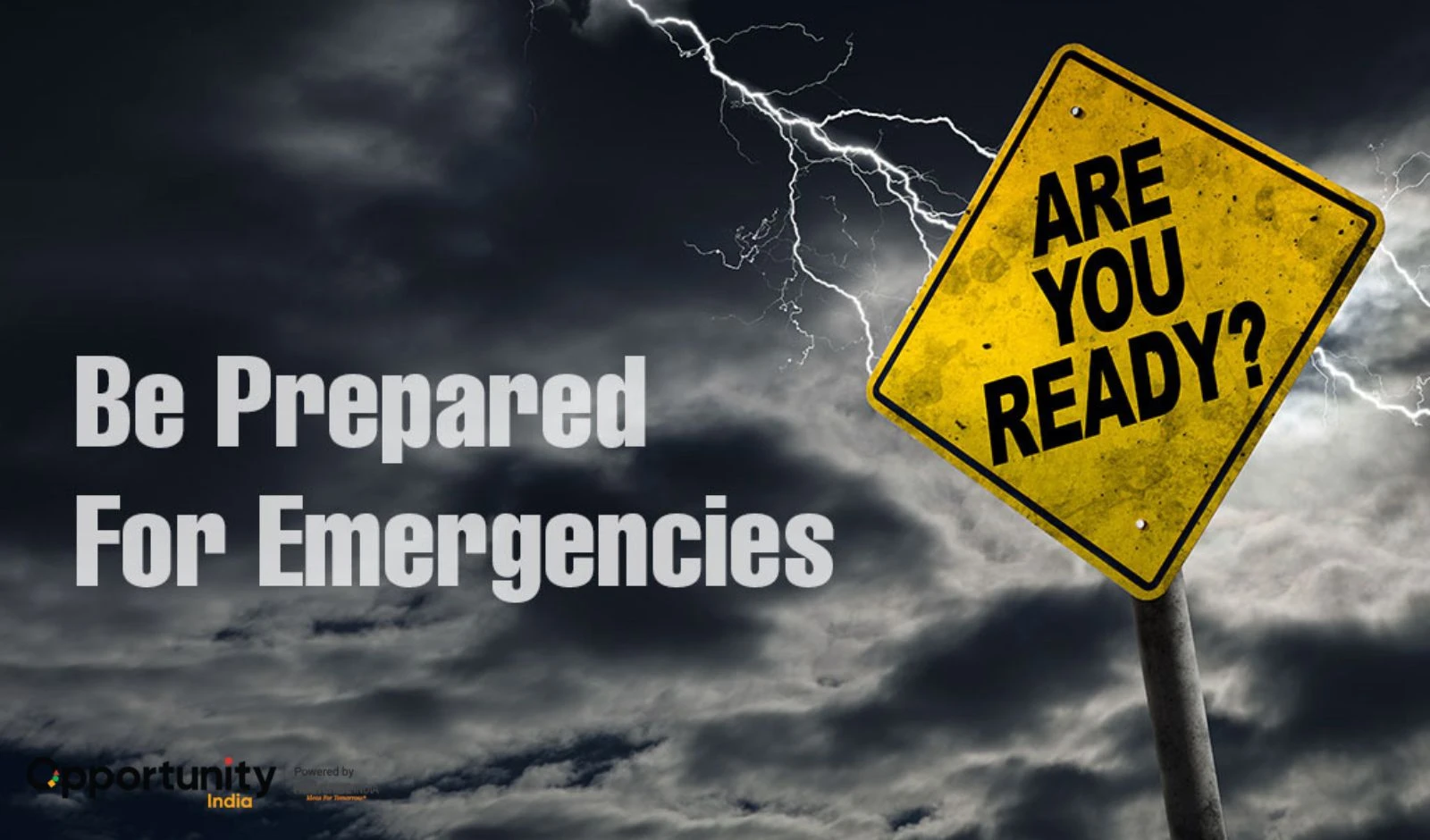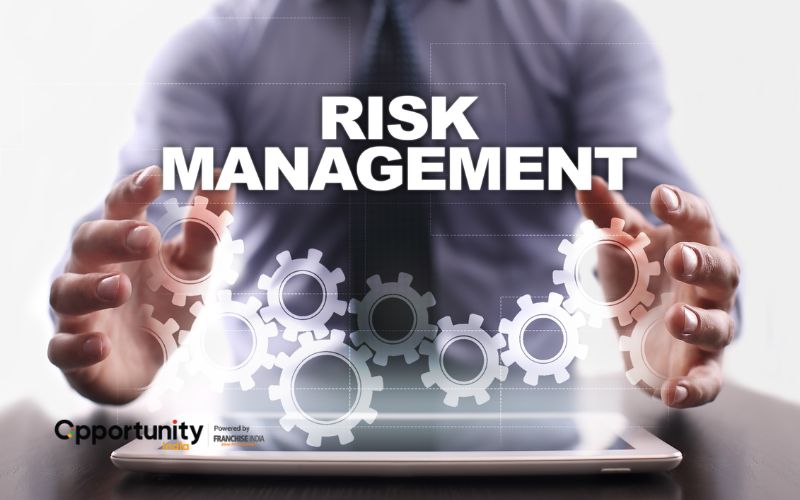
In today's uncertain business environment, franchises are increasingly vulnerable to threats ranging from natural disasters and cyberattacks to economic recession and public health crises. Although franchising provides a tried-and-true model for scalability and brand integrity, it also demands a strong system of emergency readiness to guarantee continuity and resilience.
This blog examines the most important aspects of franchise emergency readiness, providing practical steps to safeguard your company, your employees, and your customers when disaster happens.
Why Emergency Preparedness is Important in Franchising
Franchises work within an ecosystem of common brand name, operational best practices, and interconnected relationships. A crisis that hits one unit can cascade across the system. Consider these sobering statistics:
- 40% of small businesses do not have a disaster recovery plan and are at risk of permanent closure
- 80% of the companies that survived disasters had an emergency plan documented
- Just 20% of franchises have a formalized emergency response plan, even with their intricate operating structures
Emergency preparedness is more than an insurance policy—it's a strategic necessity.
Understanding the Types of Crises Franchises Face
Franchise businesses must prepare for a wide range of potential disruptions:
| Crisis Type | Examples |
|---|---|
| Natural Disasters | Floods, earthquakes, hurricanes |
| Operational Failures | Supply chain breakdowns, equipment failure |
| Financial Crises | Cash flow shortages, inflation, recession |
| Reputational Damage | PR scandals, data breaches |
| Legal Challenges | Contract disputes, regulatory violations |
| Health Emergencies | Pandemics, food safety issues |
Each type demands a tailored response plan, but all share a common need: proactive planning and rapid execution.
Establishing a Franchise Emergency Preparedness Plan
A good emergency plan must consist of three main pillars:
- Risk Assessment and Management

- Define prospective threats that are particular to your franchise model and region
- Assess exposures in supply chains, staffing, technology, and infrastructure
- Apply instruments such as risk registers and SWOT analysis to rank risks
2. Emergency Response Strategies
- Set out explicit roles and duties for crisis reaction teams
- Set out communication protocols among internal and external stakeholders
- Create clear evacuation procedures, stock emergency kits, and set up reliable backup systems.
3. Business Continuity Planning
- Make backup plans to keep your business running even if something goes wrong
- Make cloud backups of key data and documents
- Prepare alternative suppliers, remote work arrangements, and temporary spaces
Technology and Tools for Crisis Management
New franchises can utilize technology to increase readiness:
1. AI and Predictive Analytics
- Products such as Franchisee A.I. rely on data to predict likely disruptions and automate choice-making
- Predictive models assist in forecasting natural calamities, employee shortages, and inventory requirements
2. Real-Time Monitoring
- Cloud platforms and IoT devices facilitate real-time monitoring of processes
- Satellite phones and drones help in assessing damage and communication during crises
3. Communication Platforms
- Text messages, mobile apps, and crisis-specific dashboards facilitate quick flow of information
- Email campaigns and social media assist in handling public image and customer confidence
4. Financial Planning for Emergencies
A crisis can deplete resources rapidly. Financial preparedness involves:
- Emergency Budgeting: Spend a minimum of 10% of your yearly budget on crisis preparedness
- Insurance Coverage: Have policies extend to natural disasters, cyber attacks, and business interruption
- Contingency Funds: Hold reserve funds to pay for payroll, rent, and recovery expenses
Utilize financial management software to monitor expenditures and pinpoint cost-saving alternatives in emergency situations.
Legal Compliance and Franchisor Obligations
Legal readiness is usually neglected but necessary:
- Check franchise agreements for force majeure and crisis procedures provisions
- Make sure your business follows all local rules about worker safety, employee rights, and protecting the environment.
- Provide franchisees with fresh guidelines, training, and insurance assistance
Assisting Franchisees and Employees
A crisis affects human beings before anything else. Your plan needs to give top priority to:
- Employee Safety: Supply PPE, mental health services, and flexible work schedules
- Franchisee Guidance: Provide operating assistance, financial aid, and communication templates
- Training and Drills: Carry out routine simulations to make all units ready
Testing and Updating Your Plan
An emergency plan works only if it's exercised and perfected:
- Hold annual reviews and tabletop exercises
- Include input from franchisees and frontline workers
- Modify procedures in light of new threats, technologies, and regulations
The Franchisor's Role in Emergency Readiness
Franchisors have a critical role in crisis management:
- Create standardized emergency plans for all locations
- Offer centralized resources and technology platforms
- Develop resilience through training and communications
A franchise system is as solid as the weakest link—franchisors need to be sure that each unit can survive adversity.
CONCLUSION
In today’s world where problems can happen anytime, franchises need to be ready, not just react when trouble hits. Emergency preparedness helps protect your business, staff, and customers. It also builds confidence, protects your brand image, and helps you stay strong for the long term.
By planning ahead, using smart tools, managing risks, budgeting wisely, and supporting your people—you can keep your franchise running through any crisis. Being prepared isn’t just smart, it gives your business an edge over others. Resilience is no longer optional. It’s a must-have advantage for success.
SOME FREQUENTLY ASKED QUESTIONS
1. Why is emergency preparedness important for franchise businesses?
Because one crisis at a single location can impact the entire brand. Being prepared protects people, reduces losses, and helps resume operations faster.
2. Who is responsible for emergency planning—franchisors or franchisees?
Both. Franchisors usually provide guidelines and training, but franchisees must carry out local plans and adapt them to their specific location’s needs.
3. How often should emergency plans be updated or tested?
At least once a year—or sooner if your business model, team, or location changes. Regular drills and feedback help make the plan more effective.
4. How does technology help in emergency preparedness?
Tools like cloud storage, real-time monitoring, predictive analytics, and automated alerts can help identify risks early and coordinate response faster.

